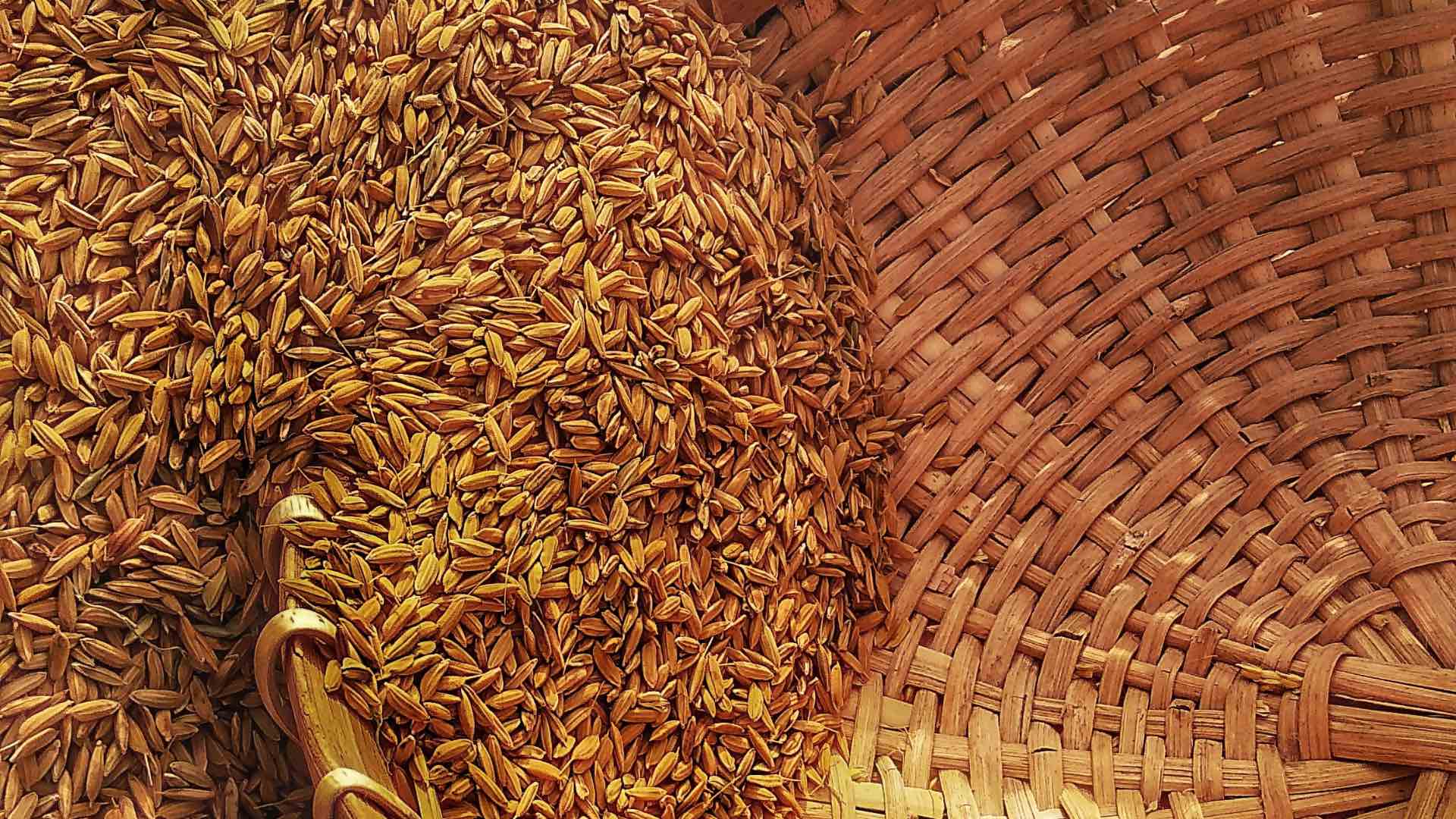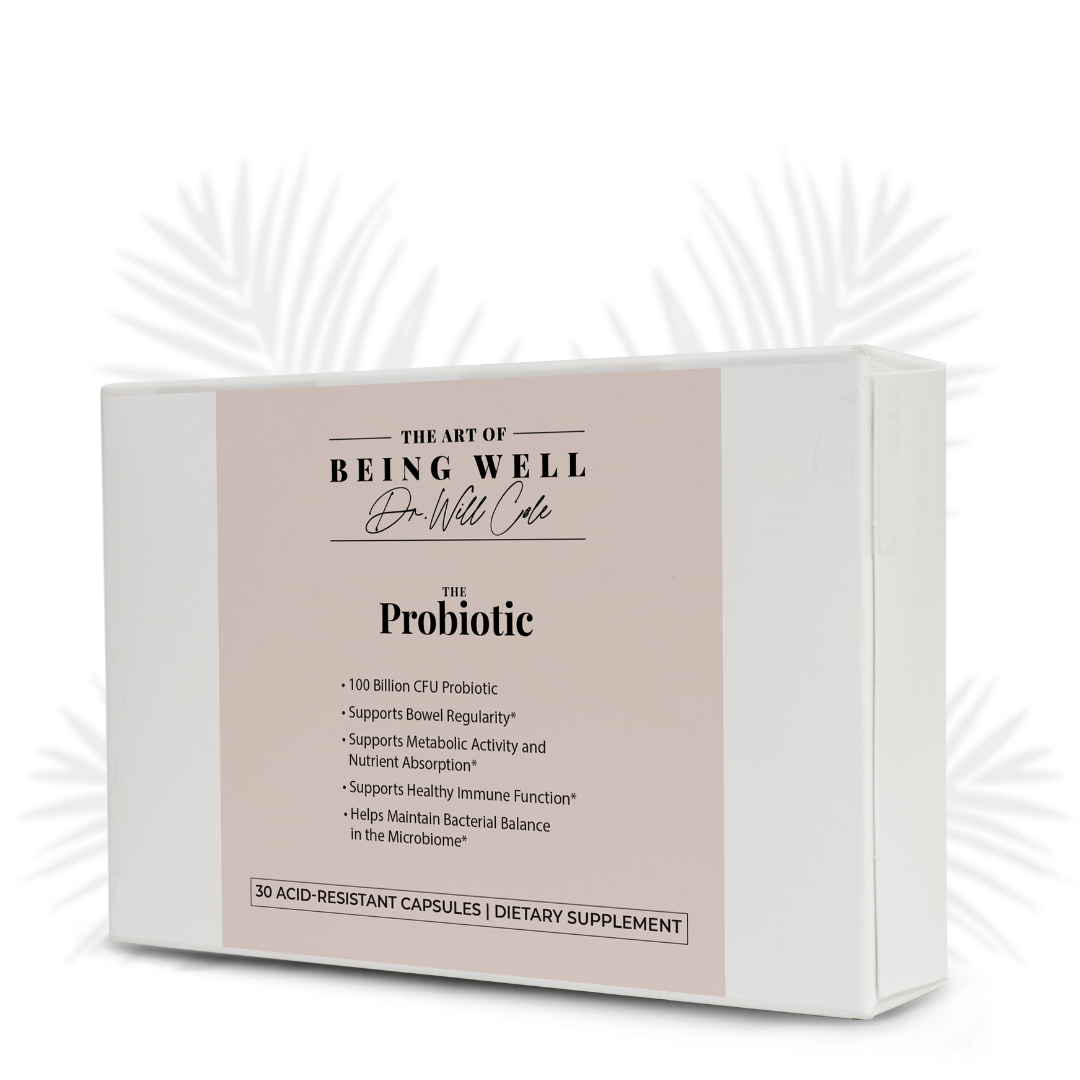Leaky Gut Diet: Food That Heals + What To Avoid

Since starting my telehealth functional medicine clinic over a decade ago, I have helped thousands of patients overcome their gut problems and heal from leaky gut syndrome.
Also known as intestinal permeability, this condition occurs when your gut lining develops small gaps that grow due to inflammation and bacterial imbalance in your gut microbiome. (1) As these gaps grow, food particles, bacteria, and toxins can all “leak” through the intestinal wall into your bloodstream — where they don’t belong!
Leaky gut can be caused by factors like a poor diet, chronic stress, overuse of NSAIDs and antibiotics, chronic infections, and alcohol consumption. People with health conditions like IBS, IBD (Crohn’s and ulcerative colitis), and celiac disease are at a higher risk than the average person. It can cause a wide variety of symptoms, from bloating and constipation to chronic fatigue and food sensitivities.
I have learned that while food is the key to healing a leaky gut, it is also one of the main factors that can trigger this digestive health issue. Let’s look more closely at what superfoods you can implement into your diet to heal it and which foods to avoid.
Foods That Heal Leaky Gut
A healthy gut is the cornerstone of overall wellness, and food quite literally can make or break your intestinal lining. Here are the foods to choose for maximum gut repair:
- Fermented foods: Probiotic-rich foods like coconut yogurt, sauerkraut, and kimchi.
- Healthy fats: Coconuts, avocados, and ghee can all help reduce inflammation.
- Fiber: Prebiotic-rich foods like sweet potatoes, asparagus, apples, artichokes, onions, and garlic.
- Bone broth: Contains collagen to heal the gut lining.
- Clean protein: Grass-fed beef, lamb, and wild-caught fish high in omega-3 fatty acids.
- Low-fructose fruits: Berries, like blueberries and strawberries, won’t spike blood sugar or feed bad bacteria.
Drinking kombucha and kefir are also good options for healing leaky gut. Kombucha is known to improve digestive problems and support the immune system, while kefir may help improve gut microbiota and ulcers caused by the chronic infection H. pylori. (2, 3)
Read Next: The 14 Best Herbs For Intestinal Inflammation
Supplements To Try
I’ve said before that you cannot supplement your way out of a poor diet. However, when you’re in the thick of healing and trying to get your body back on track, these supplements are a great addition to speed up gut barrier restoration:
- Probiotics: Ensure you’re getting enough positive gut bacteria. Taking a high-quality probiotic supplement like The Probiotic from my supplement line will ensure you are getting at least 100 billion CFUs of 4 clinically proven strains of beneficial bacteria per day.
- L-Glutamine: This amino acid fuels enterocytes to restore the intestinal lining.
- Slippery elm: This herb soothes and reduces gut inflammation.
- Vitamin D: Impacts the gatekeeper function of the small intestine. It can help improve intestinal barrier function and inflammation. (4)
- Digestive enzymes: Can help optimize digestion and reduce inflammation and bloating.
Foods To Avoid
Just as there are foods that help heal leaky gut, there are also foods that can damage the digestive system. The following foods consistently trigger leaky gut syndrome in my patients:
- Sugar and artificial sweeteners: Sugar and artificial sweeteners feed and multiply bad bacteria and increase gut permeability.
- Grains (even gluten-free ones): These contain amylose sugars that also feed bad bacteria in the gut.
- Dairy: Lactose often triggers inflammation and gut issues.
- Alcohol: A known gut irritant that increases gut permeability.
- Industrially processed seed oils: Highly inflammatory and harmful to the gut.
- Processed foods: Contain gut-irritating ingredients and promote inflammation.
- Legumes: Contain lectins that irritate your intestines and tight junctions.
- Soy: Contains phytoestrogens and pesticides linked to gut issues.
- Raw vegetables: Harder for your system to digest. Opt for cooked vegetables instead.
Diets That May Help Leaky Gut
There are some great gut diet plans suitable for helping with leaky gut symptoms. Here are the top 5 plans I’d recommend:
- Paleo diet: This diet focuses on whole foods, lean meats, fish, fruits, veggies, nuts, and seeds while avoiding processed foods, grains, and dairy products.
- Specific carbohydrate diet (SCD): This diet eliminates grains, dairy, and processed foods, focusing on simple, unprocessed foods that are easier to digest.
- GAPS diet: Based on the SCD, it emphasizes healing foods like bone broth, fermentation-based foods, and easily digestible vegetables and meats.
- Autoimmune protocol (AIP): An extension of the Paleo diet, AIP eliminates additional foods that can trigger inflammation, such as nightshades, eggs, and nuts.
- Low-FODMAP diet: This diet reduces foods high in fermentable oligosaccharides, disaccharides, monosaccharides, and polyols to ease digestive tract distress and reduce gut inflammation.
Example Meal Plans
If you’re just starting to use food as medicine to heal your body, it can feel incredibly overwhelming — especially with all the do’s and don’ts surrounding it.
Below is a 2-day example meal plan with some amazing dishes you can eat that support gut health and healing. With seasonings like salt and pepper, lemon, garlic, coconut aminos, and seaweed flakes, you’ll see there are plenty of ways to elevate whole foods with flavor.
DAY 1
Breakfast: Avocado Sweet Potato “Toast”
Cut up 1 sweet potato into 2 large slices. Bake them in the oven until cooked through. Meanwhile, mash avocado and season it with garlic, sea salt, pepper, and a little lemon juice. Take out the sweet potato slices, top with your delicious avocado mash, and enjoy!
Lunch: Salmon Poke Bowls
Cook some frozen cauliflower rice and add it to a bowl with a handful of diced, wild-caught salmon. Top with seaweed flakes, coconut aminos (a great soy sauce alternative), avocado, and any other toppings you’d like. This makes for a fresh, filling lunch!
Lunch: Gut-Healing Veggie Curry with Coconut Quinoa
Cook the quinoa according to the package instructions, then mix in the coconut oil. Heat the coconut oil in a large skillet or wok over medium heat. Add the ginger until fragrant, then cook the veggies for 5-10 minutes until soft.
Add coconut milk, bone broth, coconut aminos, and spices. Bring to a boil, reduce heat, cover, and simmer for 20 minutes. Stir in frozen peas, cover, and simmer for another 10 minutes. Serve curry over quinoa, topped with green onion and fresh cilantro.
DAY 2
Breakfast: Coconut Yogurt Parfait
Put the amount of coconut yogurt you would like to eat in a bowl. Top with blueberries, chopped bananas, and strawberries. Add a drizzle of manuka honey for a hint of sweetness and extra gut health support!
Lunch: Creamy Broccoli Soup with Turmeric
In a large pot, heat 1 tablespoon of oil over medium heat. Cook the shallots until crispy, then set aside. Add more oil and cook the onion until softened.
Stir in garlic, cumin seeds, coriander seeds, and turmeric until fragrant. Add potato, broth, coconut aminos, salt, and pepper; boil, then simmer covered for 8-10 minutes. Add broccoli and cook until tender, then stir in lemon zest. Add spinach and cook until wilted. Puree the soup until smooth and top with crispy shallots, cashews, and fresh herbs.
Dinner: Chicken Soup
Make a big pot of this, and you won’t have to worry about dinner for the rest of the week!
Simply add pre-cooked, shredded chicken to a large pot of bone broth with zucchini noodles and whatever vegetables you have on hand. Let simmer until vegetables are cooked through. Season with salt, pepper, garlic powder, onion powder, and ground thyme to taste.
FAQs
Seeking Support From A Functional Medicine Expert
While conventional medicine is still exploring the gastrointestinal symptoms associated with leaky gut syndrome, functional medicine practitioners like me have been treating intestinal permeability for years.
If you suspect you have a leaky gut, you don't need to rely on medications that only mask your symptoms. Instead, harness the dietary power of food to heal your gut.
As one of the first functional medicine telehealth clinics in the world, we provide webcam health consultations for people around the globe.
READ NEXT: Are Oxalates Dangerous? Food List + Tips For Reducing Oxalate Content
View More At Our Store
Purchase personally curated supplements
and Dr. Will Cole’s books!

The information on this website has not been evaluated by the Food & Drug Administration or any other medical body. We do not aim to diagnose, treat, cure or prevent any illness or disease. Information is shared for educational purposes only. You must consult your doctor before acting on any content on this website, especially if you are pregnant, nursing, taking medication, or have a medical condition.
Our content may include products that have been independently chosen and recommended by Dr. Will Cole and our editors. If you purchase something mentioned in this article, we may earn a small commission.

BY DR. WILL COLE
Dr. Will Cole, DNM, IFMCP, DC is a leading functional medicine expert who consults people around the globe, starting one of the first functional medicine telehealth centers in the world. Named one of the top 50 functional and integrative doctors in the nation, Dr. Will Cole provides a functional medicine approach for thyroid issues, autoimmune conditions, hormonal imbalances, digestive disorders, and brain problems. He is also the host of the popular The Art of Being Well podcast and the New York Times bestselling author of Intuitive Fasting, Ketotarian, Gut Feelings, and The Inflammation Spectrum.

Gut Feelings
Healing The Shame-Fueled Relationship
Between What You Eat And How You Feel



